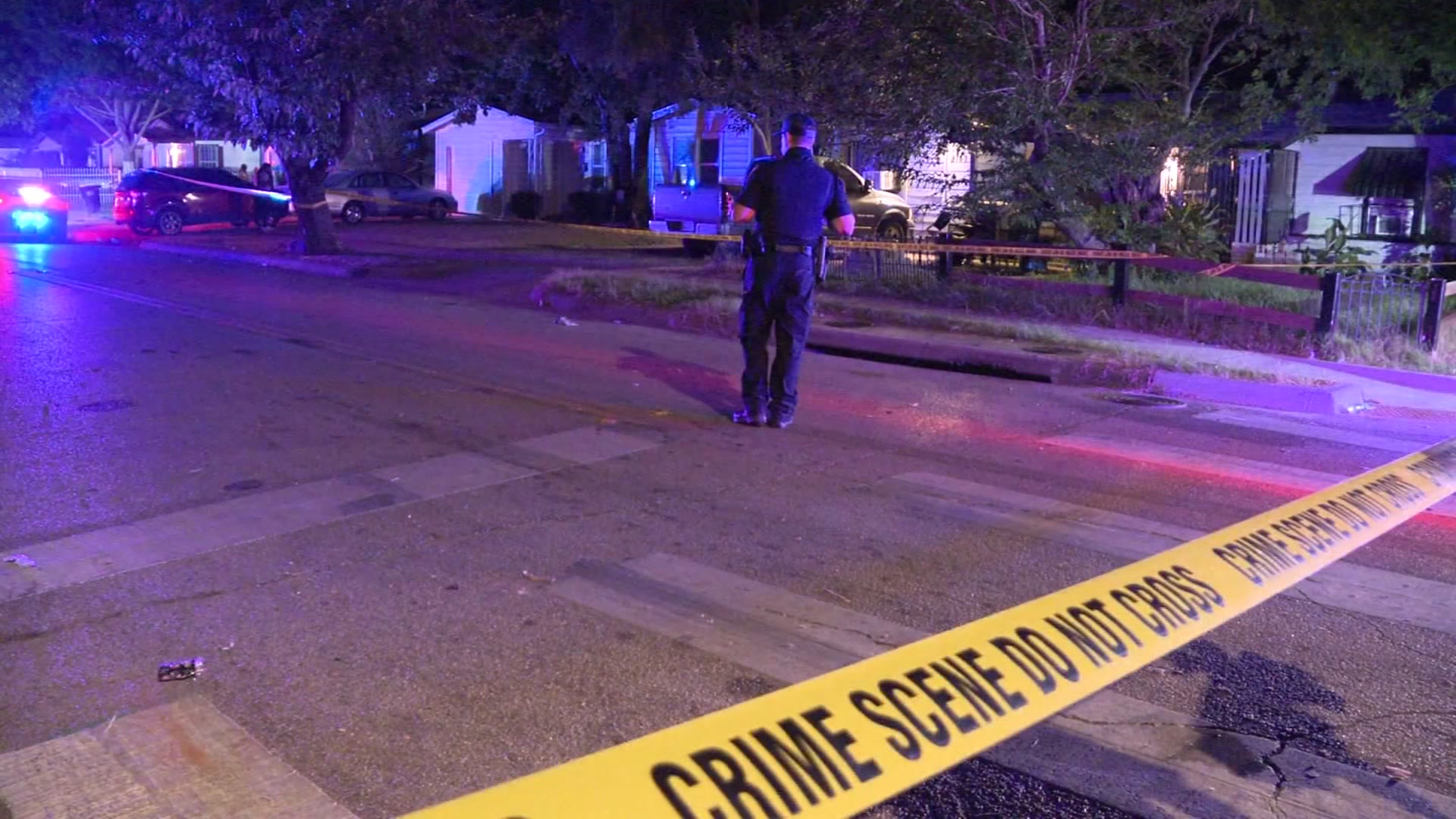Fort Worth is expanding its network of Flock Safety camera systems to include automated gunshot detectors across five square miles of the city.
The city, which has been using Flock cameras since 2020, currently has a network of over 150 Flock cameras which automatically scan license plates to help police find cars connected to crimes.
The city spends $531,000 annually on its present contract for those cameras and support for the Flock network.
On Nov. 28, the Fort Worth City Council approved a new phase of the technology: Raven, a system of automatic gunshot detectors that will cover five square miles.
Get DFW local news, weather forecasts and entertainment stories to your inbox. Sign up for NBC DFW newsletters.
The first two years of the system will cost the city $70,000 per year due to applied credit, after which the cost will increase to $175,000 annually.
“The way that it works is, it has multiple microphones that can hear the sound of a gunshot,” said Sgt. Jason Spencer with Fort Worth Police.
The Fort Worth Police Department told NBC 5 the system can pinpoint exactly where a gunshot came from, alerting officers in the area and turning any nearby cameras in that direction.
Local
The latest news from around North Texas.
“And hopefully be able to have a camera operator see a suspect fleeing the area, or maybe even catch the offense in progress,” Spencer said.
Fort Worth Police said Raven will fill any gaps in their coverage and help lead to more arrests.
Some in the community have concerns.
“Surveillance is not a thing to be greatly desired,” said longtime civil rights attorney Jackee Cox. “Do we have any privacy at all?”
Cox is an advocate for underserved communities in Fort Worth. She said the idea of police being able to listen in on communities didn’t sit well with her.
“I think that in a neighborhood, just a residential neighborhood, it would seem more intrusive than in a business establishment,” Cox said.
NBC 5 took those concerns back to the Fort Worth Police. In response, the department said the Raven system is tuned to the specific frequency of gunshots and won’t be used for eavesdropping.
“They’re going to hear a gunshot and distinguish it from a car backfiring or other types of sounds,” Spencer said. “So it’s not listening to someone’s conversation, not listening in a live feed into people standing on the corner waiting for the bus.”
Cox said another concern is equity. She worried that if the gunshot detectors were set up primarily in majority-minority areas, they could inflate the number of shots fired calls connected to those neighborhoods.
“What one likes least is systematic enforcement against particular populations, of laws that are not enforced against other populations,” Cox said.
In response to those concerns, the Fort Worth Police Department said the system would be mapped out using data that shows which areas are seeing the most crimes connected to gun violence. The department said the initial plan for the system would deploy Raven in neighborhoods like the Riverside area near Cobb Park, Stop Six, Historic Northside, the Rosemont area, and the Las Vegas Trail area.
“These are gunshots that were already going off and you’re already hearing, and we’re already getting calls about,” Spencer said. “The concern is, is that going to be a problem that you just have to live with in your community, or are we going to be able to leverage this technology to maybe do something about it?”
Some city leaders said they were also paying attention to equity. District 8 City Councilman Chris Nettles told NBC 5 he planned to request a report on the results from the gunshot detectors after six months, including where they were set up and what kinds of arrests they’d helped to make.
“It’s going to be incumbent upon myself to make sure that when they do deploy these, that it’s all over the city of Fort Worth,” Nettles said. “And it’s not in minority communities only.”



